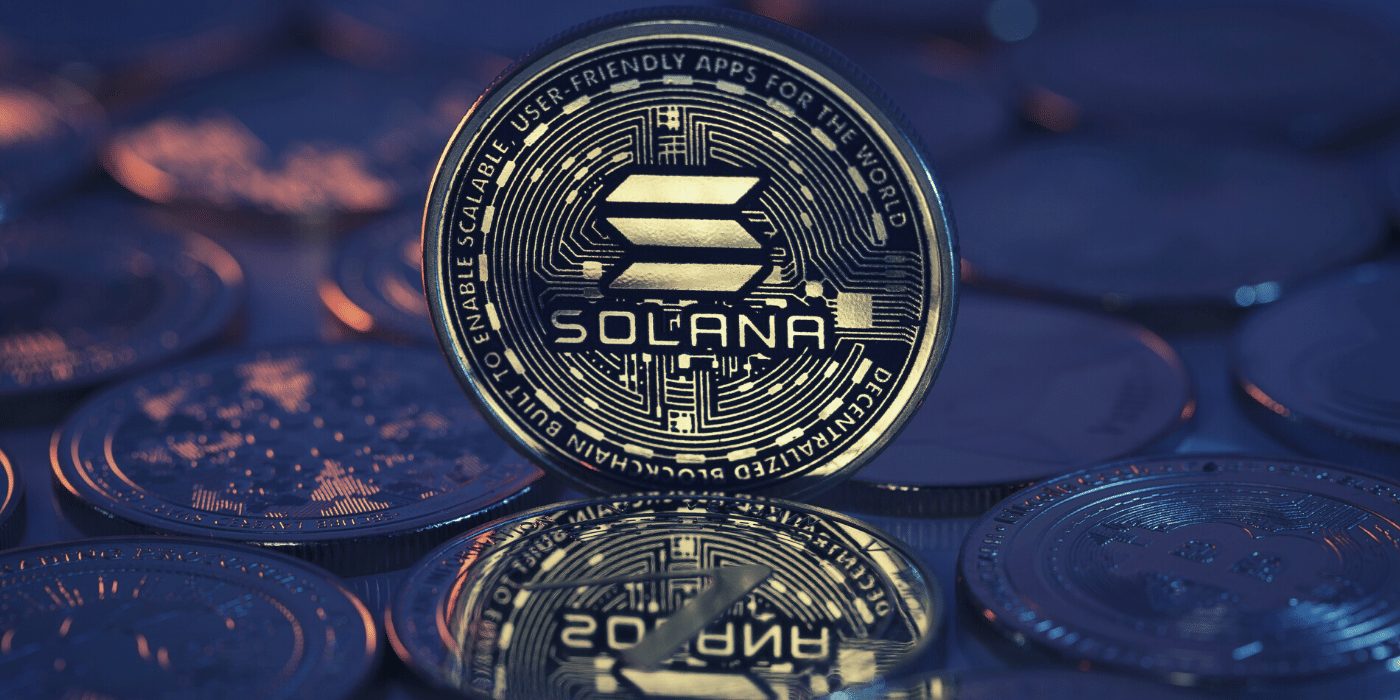Solana has rejected the safety ranking of “second-worst” that it received from DeFi Safety this week after the DeFi watchdog raised concerns over the platform’s frequent downtime and unsatisfactory node structure:
Lack of Transparency Cited
There are five different criteria that DeFi Safety uses in its blockchain evaluations: security and testing, node count, node diversity, documentation, and supporting software. The concerns raised by the watchdog predominantly revolve around the lack of transparency from the network’s archive node, alongside Solana’s processes for storing the blockchain’s data.
Beyond the platform’s insufficient node clients (software aiding users in connecting to the blockchain), Solana’s repeated downtime was a decisive factor for DeFi Safety.
Solana presents systemic technical risk. There is no doubt about it. User funds, in our eyes, are at risk. We penalise them heavily for downtime because users cannot access their funds when the chain goes down.
DeFi Safety Twitter – @DeFiSafety
Presently, Solana has only a single piece of software for its node operators, which DeFi Safety claims has not been audited since 2019. However, the report isn’t entirely negative as the watchdog has given the platform credit for aspects where it performs well.
Credit where it’s due, Solana has made significant strides in validation decentralisation. Thanks to an impressive program that incentivises many validators on other continents, Solana scores well on this point.
DeFi Safety Twitter – @DeFiSafety
More than 15 blockchains and 240 decentralised finance protocols have been reviewed by DeFi Safety so far. Ronin blockchain, Axie Infinity’s popular play-to-earn gaming platform, was ranked the worst. Ronin was hacked for US$625 million in March, in what was the biggest DeFi hack to date.
Solana’s Plagued Past
Heavy downtime has plagued Solana for some time, with several instances over past months inconveniencing users. On January 6, Solana crashed temporarily following a Distributed Denial of Service (DDoS) attack which caused massive transaction delays. Upsettingly, a second crash followed in the same week. Solana denied it was due to another potential DDoS attack, claiming the downtime was the result of an increase in high compute transactions.
Last month, Solana was down for seven hours after bots attacked ‘Candy Machine’, the platform’s NFT minting tool, causing four million transaction requests that the platform could not keep up with.

